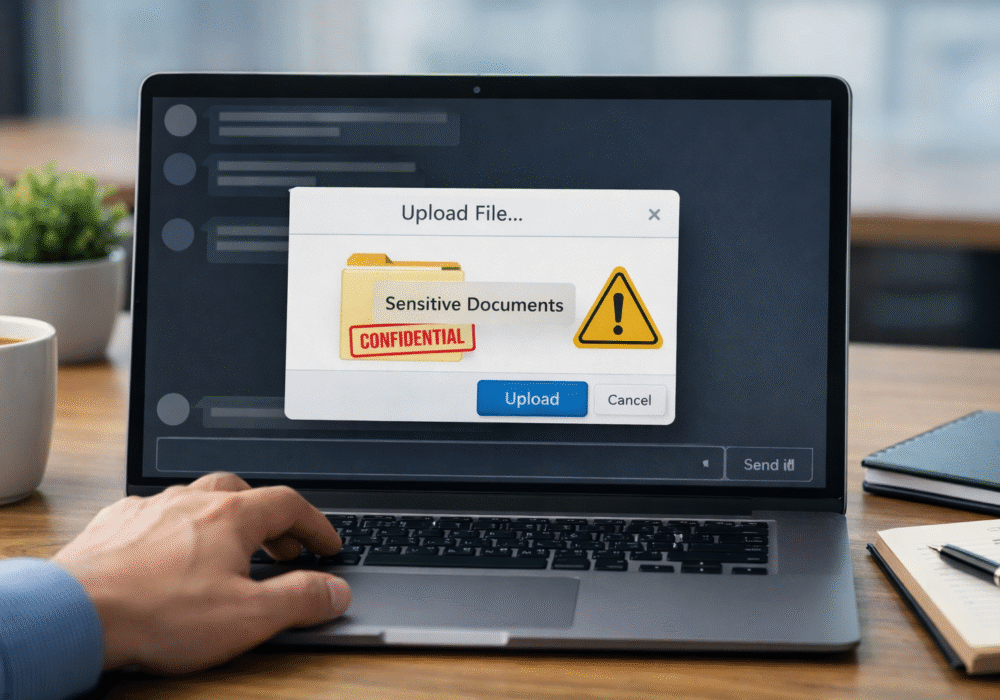
In the fast-moving world of cybersecurity, hackers constantly evolve their tactics, and this time they’ve unleashed something new: Rust-based ransomware called Cicada 3301. If that name sounds familiar, it’s because “Cicada 3301” refers to a mysterious online puzzle once used to recruit codebreakers. But now, hackers use the name for something far more dangerous: ransomware. Here’s what you need to know about this latest threat and how to protect your business.
Cicada 3301 is the latest ransomware causing concern in the cybersecurity community. What makes it different? It’s written in Rust, a programming language that’s gaining popularity because of its speed, security features, and ability to compromise both Windows and Linux machines. Rust-based ransomware is harder to detect and reverse-engineer compared to ransomware written in more common languages like C++ or Python, making Cicada 3301 a stealthy and dangerous threat.
Like other ransomware, Cicada 3301 infiltrates systems, encrypts 36 file extension-type files, and demands a ransom in exchange for the decryption key. But this ransomware doesn’t just stop there. The attackers behind Cicada 3301 ensure their ransomware is highly effective and nearly impossible to crack.
Even though Cicada 3301 presents a serious threat, there are practical steps to safeguard your business from ransomware like this:
The rise of Rust-based ransomware like Cicada 3301 shows that hackers are constantly adapting. But by staying informed and proactive, you can reduce your vulnerability. Regular backups, timely updates, employee training, and advanced security tools can help keep your business safe. Cyber threats may evolve, but so do the tools and strategies you can use to protect your organization.
Discover and share the latest cybersecurity trends, tips and best practices – alongside new threats to watch out for.

Cyberattacks usually start with phishing emails or weak passwords. This one did not. Security researchers...
Read more
Not surprising when Trouble Ensues Last summer, the interim head of a major U.S. cybersecurity agency uploaded...
Read more
And How to Fix Them Let me make an educated guess. You moved to Google Workspace because it was supposed to...
Read moreGet sharper eyes on human risks, with the positive approach that beats traditional phish testing.
